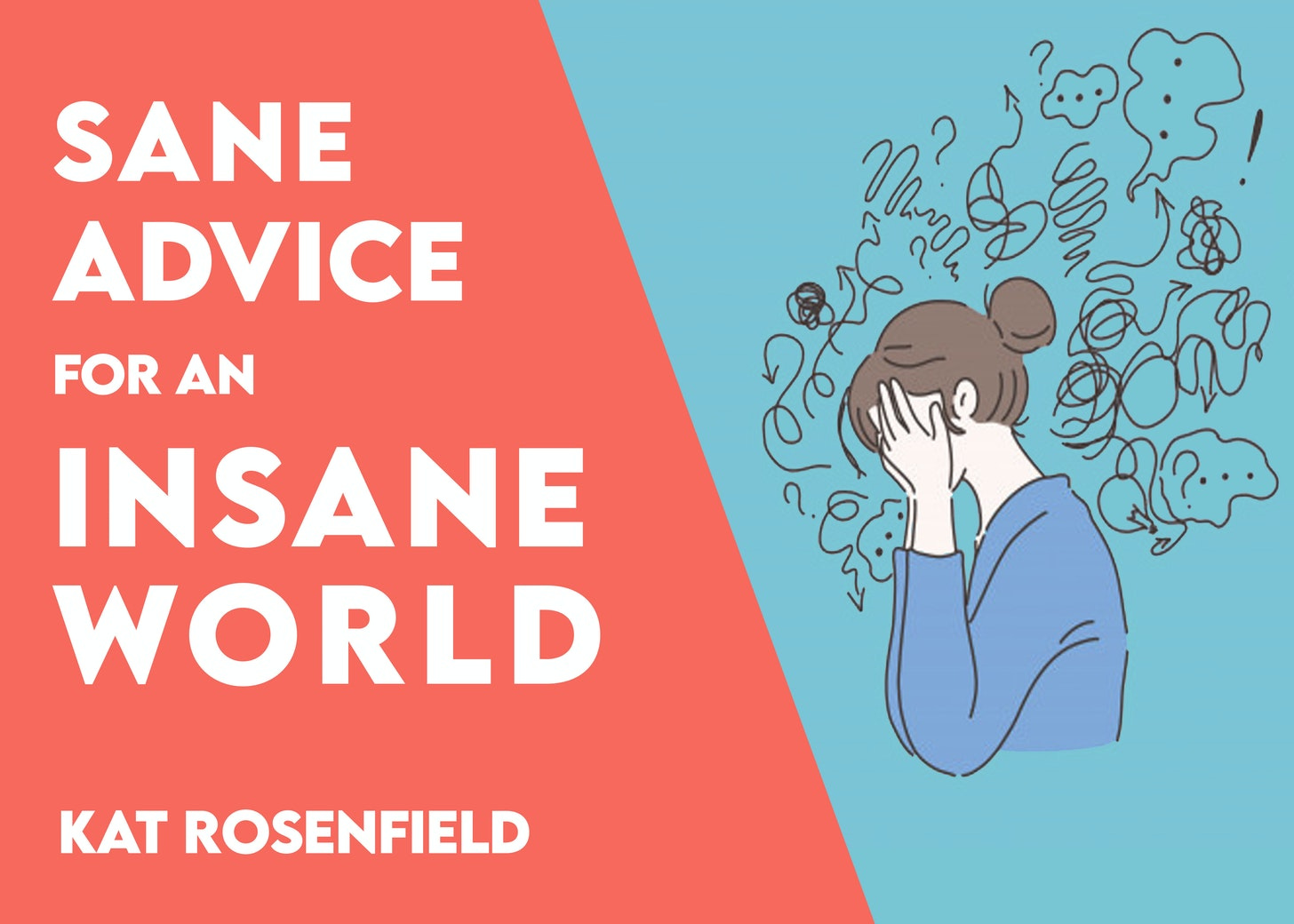I slept with my boss. Was he abusing his power?
And other questions for Persuasion's advice columnist

I slept with my boss. Was he abusing his power? This was my first job, which I started a year ago. My boss and I formed an intense connection that turned into an affair. It was foolhardy, and the drama affected the office. But, as far as I can tell, we were never caught. Around the new year, he called off the affair. And then Covid hit. I lost my job while he kept his. Now, I’m freelancing. He always gives me glowing reviews, and we remain close. I don’t feel like a victim, but is this going to come back to haunt me? Or do I turn it into a novel, and see it as a blessing in disguise?
Oh lord, no. If there's one thing I cannot condone, it's yet another novel about a married man caught up in a romance with a lusty young co-worker. If you must write a book about this, at least give it an original twist by making him a werewolf or something.
Was having an affair with your boss a good idea? Probably not. It almost never is! But not all bad ideas are created equal, and this one sounds less like a catastrophe and more like a useful regret. You can be grateful for that: not just that you emerged with both feelings and career intact, but that you and Office Fling both had the decency, maturity, and sheer dumb luck to give the dalliance a clean end. I'm sure you realize that it could have gone another way.
But otherwise, it's okay for a bad idea to be just that. You don't need to reframe it as an abuse of power to get away from the part you played in making it happen—and you also don't need to chalk it up as “a youthful error," as though you had this affair all by yourself. Together, you and another consenting adult made a mistake. (Arguably, he made a bigger one than you did, but he's not here right now.) And if you don't feel entirely comfortable about your part of things, then good! That's the useful part of the regret: it means that the next time you strike a connection with a co-worker, you'll have wisdom to guide your next move.
Need advice? Send your questions to Kat Rosenfield at persuasion.advice@gmail.com. We will, of course, preserve your anonymity.
Should I contest my friends’ stupid ideas? Or just shut up? I am known as an argumentative person, and believe that being disagreeable isn't necessarily a bad idea—sometimes, it is important to challenge norms. But this trait of mine leads to conflict, especially with my friends and loved ones, whose peace of mind I care about. While one opinion isn't a problem, bad ones will gather over time and eventually lead to socially accepted falsehoods: that 5G causes diseases like Covid, for example, or that electing nationalists will lead to welfare for all. You say that we should pick our battles. But how?
Let's talk about snowballs. Under the proper conditions, any given snowball might find itself rolling down a hill. Depending on various factors (the consistency of the snow, the angle of the hill), that ball might start to get bigger. Maybe even really big. Eventually, that snowball could pick up enough size and steam to knock over a toddler, or damage a car, or even cause an avalanche. Snowballs! They are, potentially, very dangerous!
And yet if you saw your friends having a snowball fight, you wouldn't go running into the thick of it, and start swatting the balls out of their hands like some kind of psychotic killjoy, just because one of those balls could roll down a hill and get really big and squash someone's cat to death. Right?
I'm sure you see where I'm going with this: it's true that there's a point in the life cycle of an idea where one person's bad opinion might pick up steam to become a collective movement—and still another point, even further along, at which that collective movement can become a societal malaise. But unless your entire social circle is made up of policymakers and heads of state, both of these points are miles and miles down the line from any conversation you might be having with friends and family, even if you are always correct and your friends are consistently wrong about everything. (Which, for the record, seems unlikely, and you should probably think about that.) Arguing with people isn't a world-saving enterprise; it's something you do because you like it. But since you also like having friends and don't want to alienate the people around you, yes, you should pick your battles—and perhaps more importantly, you should limit your sparring partners to people who share your enthusiasm for debate, and learn to recognize when an argument is unproductive or is upsetting the other person. That's how you keep from ending up a lonely contrarian.



What a notion—sane advice! And yet, the product is as advertised, and feels like a breath of fresh air!
Ms. Rosenfield, I'm consistently impressed by your wit-and-wisdom.